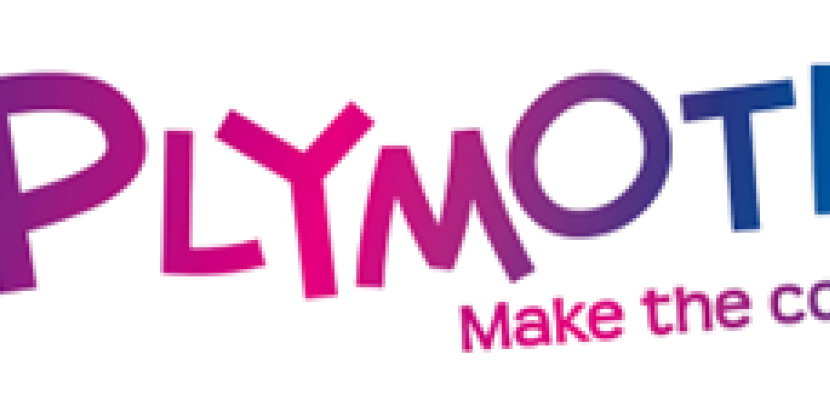
Plymotion

About this good practice
Plymotion is a long-term sustainable mobility brand created by Plymouth City Council in 2012 under which a diverse range of activities provide information and opportunities to overcome barriers and enable people to make more journeys by bike, on foot and by bus.
Based on the COM-B theory of change Plymotion responds to individuals’ capabilities and motivations and provides relevant opportunities to enable travel behaviour change.
The core Plymotion activity is personalised travel planning. This is delivered to targeted neighbourhoods (Plymotion on Your Doorstep) to businesses (Plymotion at Your Workplace) and at major public events.
Opportunities provided under Plymotion have included: adult cycle training (1-2-1, group, and disability); e-cargo bike trial loans; Dr Bike checks; bike maintenance; led group walks; activities with schools to encourage children to walk, scoot or cycle to school; and providing free bikes to unemployed people. Some programme elements are provided directly by council staff, while others are provider under contract by private sector partners. All are provided free to the public.
Plymotion has been resourced by a succession of government grants for between 1 and 3 years. The range and scale of activities have varied in response to funding levels, but the brand - which has established a high degree of recognition within the city - provides continuity.
Expert opinion
Encouraging a shift to low-carbon and active travel is a key policy objective of many regions and cities across Europe, but behaviour change is a significant challenge. Plymotion is a good example of a behaviour change intervention, recognising that tailored and practical guidance is needed over generalised awareness raising efforts. Providing free training and bike maintenance build confidence for citizens, and providing access to cargo bike trials helps businesses get used to this new approach. Targeting specific sectors, such as businesses or schools, with tailored information is also a good practice. The approach is highly transferable for other urban areas looking to increase sustainable mobility use.
Resources needed
All Plymotion activities are scalable so do not have a fixed resource requirement. Plymotion has been resourced by a succession of government grants for between 1 and 3 years. Annual funding has ranged from £0.5m to £1.4m and total funding over its first 10 years totalled £6.5m.
Evidence of success
Surveys undertaken before and after participation in Plymotion PTP have established evidence of impacts. Among participants the proportion who cycle increased by 5%; the proportion who walked ‘much more frequently’ was 9%; the proportion who never used the bus reduced by 26%; the proportion who increased train usage was 15%; and short car trips reduced by 9%.
Potential for learning or transfer
The Plymotion model is transferable to any urban context but might be difficult to effectively replicate or adapt in a rural setting, because walking, cycling and public transport provision is typically more limited in rural areas and there may be little value in investing in tailored sustainable travel information services and opportunities to overcome individual barriers if the local sustainable transport ‘offer’ is poor.
Having delivered services under Plymotion for a decade Plymouth City Council (and our contracted private sector service providers) have built up a substantial evidence base and professional knowledge in terms of travel behaviour impacts, customer experience, how to target particular geographic areas and demographic groups, and how to engage successfully with individuals. The value of creating and sustaining a recognisable local brand for our activities has been demonstrated.
Further information
Good practice owner
You can contact the good practice owner below for more detailed information.
